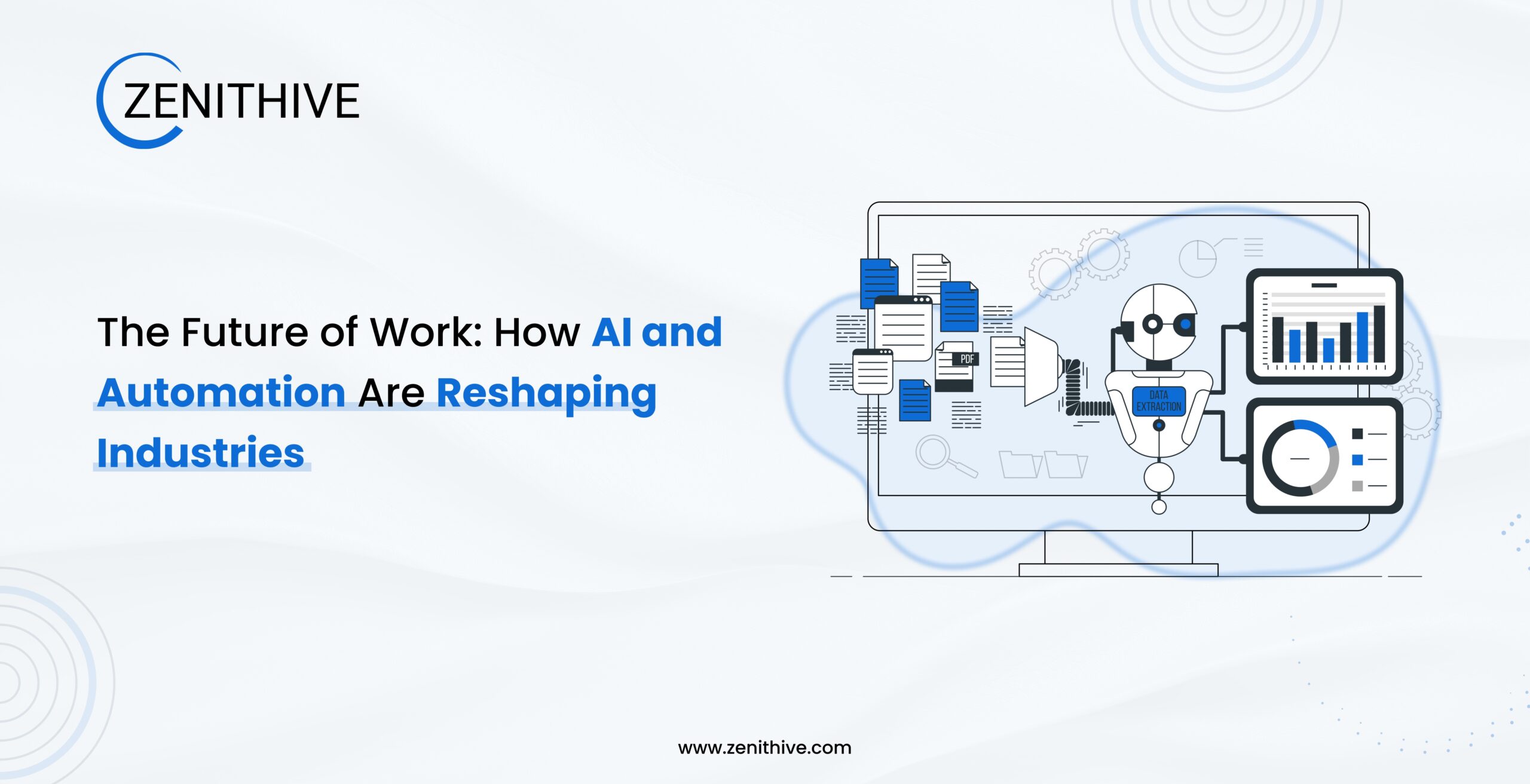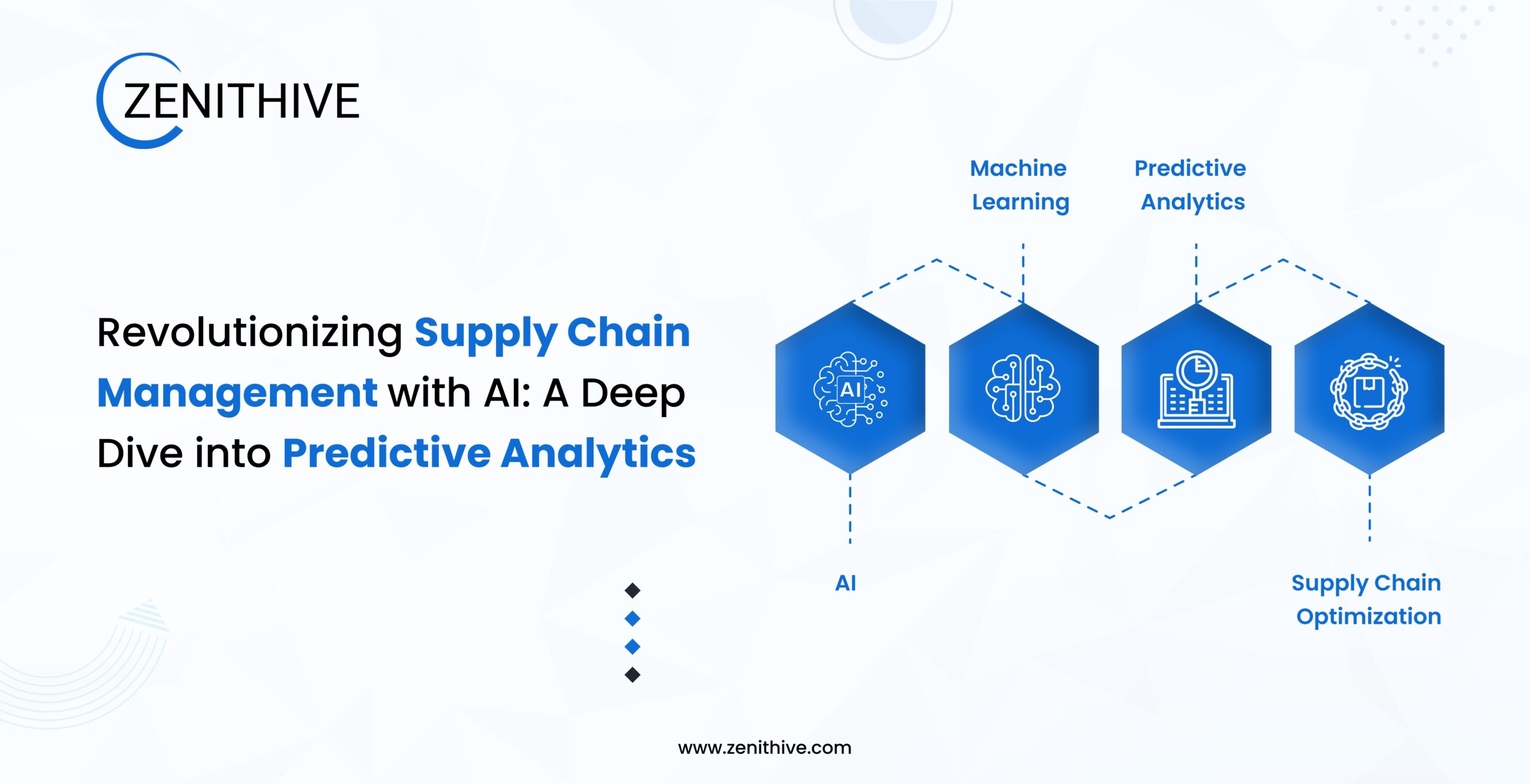1. Introduction
Artificial Intelligence (AI) and automation are no longer the stuff of science fiction; they’re reshaping industries at an unprecedented pace. According to a recent report, AI adoption has grown by over 300% in the last five years, with organizations across the globe leveraging its potential to improve efficiency and drive innovation. While the possibilities are boundless, the rapid changes are also posing significant challenges for businesses trying to keep up.
This blog explores how AI and automation are redefining work across industries, the challenges businesses face, and strategies to thrive in this transformative era. By understanding these dynamics, C-suite executives, HR directors, and operations managers can position their organizations for long-term success.
2. The Transformative Power of AI and Automation
AI and automation are powerful tools driving efficiency and innovation. AI’s ability to analyze vast amounts of data and automate routine tasks is helping businesses across industries optimize operations and unlock new opportunities.
Key Areas of Transformation:
- Decision-Making: AI-powered analytics enable businesses to make data-driven decisions, improving accuracy and agility.
- Operational Efficiency: Automation reduces manual workloads, freeing employees to focus on higher-value tasks.
- Customer Experience: AI-driven tools, such as chatbots and recommendation systems, provide personalized and efficient customer service.
Industries such as manufacturing, healthcare, retail, and finance are at the forefront of this transformation, leveraging AI to redefine traditional processes and create innovative solutions.
3. Key Industries Being Reshaped
Manufacturing
Manufacturing is embracing AI for predictive maintenance, quality control, and supply chain optimization. Smart factories equipped with AI-driven robotics are streamlining production lines and minimizing downtime. For example, predictive analytics can identify potential equipment failures before they occur, saving millions in operational costs.
Healthcare
AI is revolutionizing healthcare by improving diagnostics, treatment planning, and patient care. From AI algorithms that detect diseases in medical imaging to automation in administrative tasks, healthcare providers are enhancing efficiency and outcomes. For instance, AI tools like IBM Watson Health are enabling faster and more accurate cancer diagnoses.
Retail
The retail sector is leveraging AI to understand consumer behavior, optimize inventory, and enhance the shopping experience. Technologies like AI-powered recommendation engines and automated checkout systems are becoming staples of modern retail, creating seamless experiences for customers while boosting sales.
Finance
Financial institutions are utilizing AI for fraud detection, risk assessment, and customer service. Chatbots and virtual assistants are transforming customer interactions, while algorithms are analyzing market trends to guide investment strategies. Companies that integrate AI are gaining a competitive edge in the fast-evolving fintech landscape.
4. Challenges Businesses Face in Embracing AI
While AI and automation offer immense potential, implementing these technologies comes with challenges:
- Resistance to Change: Employees and leadership may resist adopting new technologies due to fear of job displacement or disruption of workflows.
- Skills Gap: Many organizations lack the necessary expertise to implement and manage AI solutions effectively.
- Ethical Concerns: Issues around data privacy, bias in AI algorithms, and transparency are creating barriers to adoption.
- Cost of Implementation: High initial investment costs can deter businesses from embracing AI fully.
Overcoming Challenges:
- Conduct regular training programs to upskill employees.
- Partner with technology providers to bridge knowledge gaps.
- Adopt phased implementation to minimize disruption and manage costs effectively.
- Establish ethical guidelines to ensure AI use aligns with organizational values.
5. Strategies for Businesses to Adapt and Thrive
To thrive in the AI-driven future, organizations must proactively adapt. Here are actionable strategies:
- Invest in Workforce Transformation: Equip your team with the skills needed to work alongside AI. Training and reskilling initiatives are critical to success.
- Build a Culture of Innovation: Encourage experimentation and create a workplace environment where AI adoption is seen as an opportunity rather than a threat.
- Leverage Data Strategically: AI thrives on data. Establish robust data collection and management practices to ensure reliable insights.
- Collaborate with Experts: Partnering with AI solution providers can help businesses navigate the complexities of integration.
- Focus on Customer-Centric Applications: Prioritize AI initiatives that directly enhance customer experiences to maximize ROI.
6. Future Trends in AI and Automation
The evolution of AI is paving the way for groundbreaking innovations that will continue to reshape industries:
- Generative AI: Tools like ChatGPT and DALL-E are enabling businesses to automate creative processes, from content creation to product design.
- Predictive Analytics: AI-powered predictive models are helping organizations anticipate market trends and consumer needs.
- Hyper-Automation: The integration of AI, robotics, and IoT is leading to fully automated workflows in sectors like logistics and manufacturing.
- New Job Categories: As AI takes over repetitive tasks, roles such as AI ethicists, machine learning specialists, and automation strategists are emerging.
Staying ahead of these trends requires businesses to remain agile and continuously invest in innovation.
7. Conclusion
AI and automation are not just reshaping industries but also redefining the way we work. While the transition may seem daunting, the opportunities for growth and innovation far outweigh the challenges. By embracing these technologies thoughtfully and strategically, businesses can unlock new levels of efficiency and competitiveness.
Ready to lead the charge in AI-driven digital transformation? Schedule a consultation with Zenithive today.



